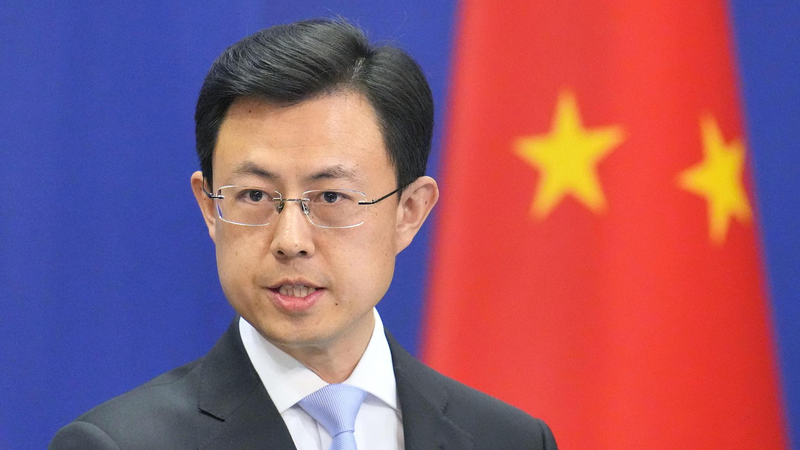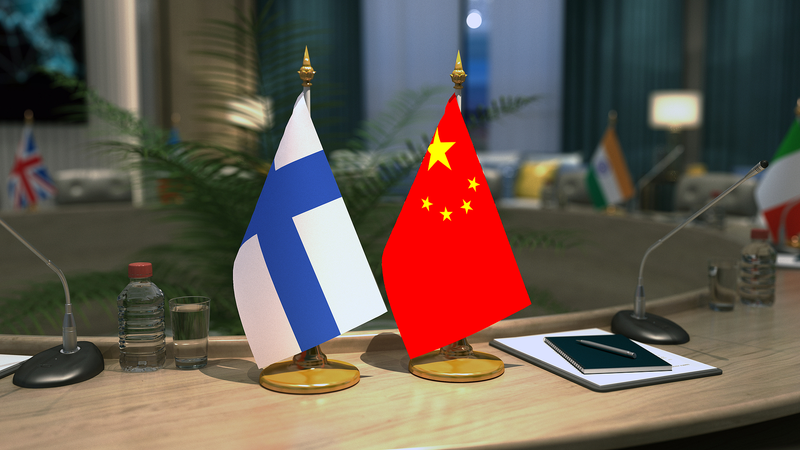🌍 At a recent United Nations forum marking its 80th anniversary, the spotlight was on China’s Global Governance Initiative (GGI). Proposed at the Shanghai Cooperation Organization summit in Tianjin, this plan aims to breathe new life into our international system—centered on the UN—at a time when the Global South feels under-represented and unilateral moves threaten global unity.
China’s permanent representative to the UN, Fu Cong, highlighted that the GGI tackles rising unilateralism and the world’s struggle to address big challenges together. UN Secretary-General António Guterres even welcomed its call for multilateralism and a rules-based order underpinned by international law.
What’s at the heart of the GGI? Its concept paper from the Chinese Foreign Ministry lays out five core principles:
- Sovereign equality: All countries have equal say.
- International rule of law: Decisions follow agreed laws.
- Multilateralism: Joint action over unilateral moves.
- People-centered approach: Focus on human welfare.
- Concrete actions: From words to real solutions.
According to experts like Long Chen of the Chongyang Institute, the GGI is not about overthrowing the current order or creating a parallel system. Instead, it’s a push to make existing institutions more effective, responsive, and inclusive—especially for developing nations.
Another voice, Tian Dewen from the Institute of Global Governance and Development, reminds us that China sees itself as a “defender, builder, and reformer” of the post–World War II order, not a power seeking global dominance. By advocating consultation among all nations, the GGI underscores that global issues deserve global conversations—no solo acts allowed. 🤝
As the world tackles challenges from climate change to economic shifts, the Global Governance Initiative invites every country to step up and shape a fairer, action-driven global stage. Ready to join the conversation?
Reference(s):
Explainer: What is the China-proposed Global Governance Initiative?
cgtn.com




